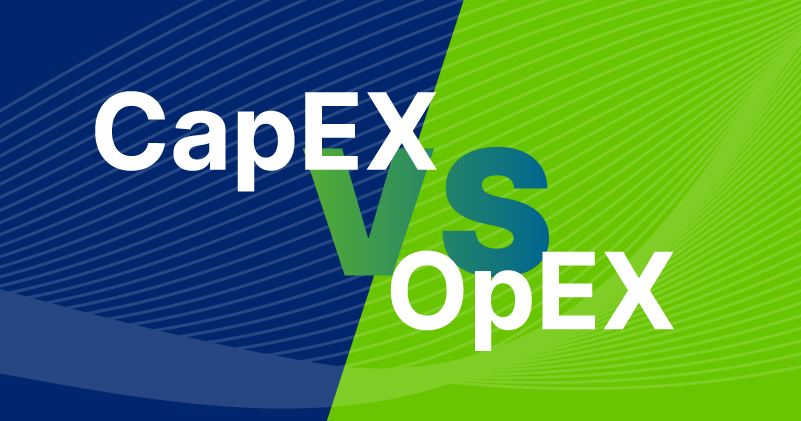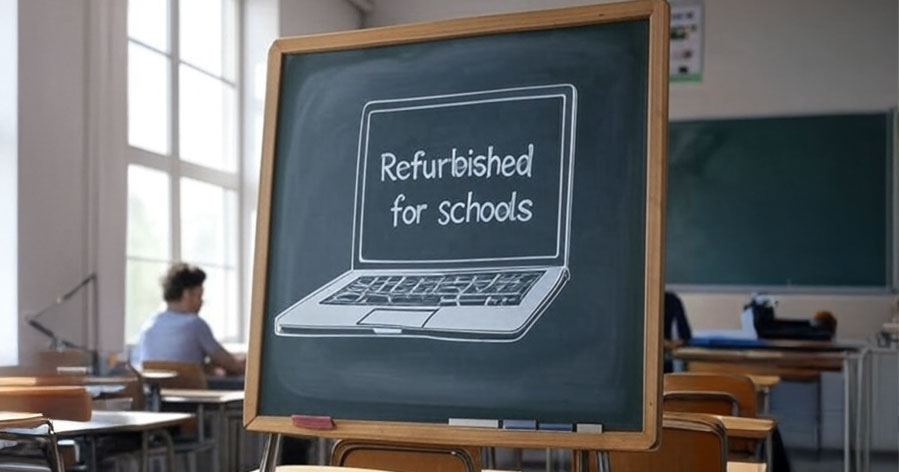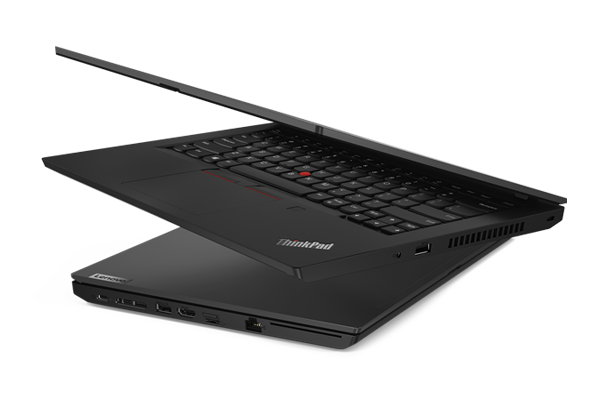Why Law Firms Should Prepare for Windows 11 and Hardware Refresh

In the ever-evolving landscape of technology, law firms must adapt to stay ahead. One significant shift on the horizon is the adoption of Windows 11 and the imperative to refresh outdated hardware, particularly those running on 8th Gen processors and older models.
Importance of Upgrading to Windows 11
With the end of support for Windows 10 approaching (set for October 2025), law firms are urged to take proactive steps to upgrade their systems. While this deadline may seem distant, it's essential to start planning now to avoid potential disruptions and security vulnerabilities down the line.
One compelling reason to prioritise this upgrade is the associated costs of extended support for Windows 10 beyond its end-of-life date. By refreshing hardware and transitioning to Windows 11 in a timely manner, firms can mitigate these expenses and ensure they remain compliant with evolving cybersecurity standards.
Enhanced Technological Advancements
The technological advancements in newer devices, such as faster processing speeds and enhanced security features, enable firms to streamline their operations and better protect sensitive client information.
Additionally, the aftermath of the Covid-19 pandemic has highlighted the importance of having reliable and secure technology infrastructure in place. By upgrading hardware and software systems, firms can better accommodate remote work arrangements and ensure seamless connectivity for both employees and clients.
Strategic Investment for Future Resilience
The transition to Windows 11 and the refresh of outdated hardware is not merely a matter of staying up-to-date with the latest technology trends. It's a strategic investment in the future resilience and competitiveness of law firms. By planning and executing a timely refresh, firms can bolster their cybersecurity posture, improve operational efficiency, and maintain compliance with industry standards. Now is the time for law firms to take action.
Contact us to help your law firm achieve your upgrading goals. You can explore our success stories in the Legal sector here.
Related Blogs

CapEx vs. OpEx: What’s the difference and what do they actually mean?
Understanding the difference between CapEx (Capital Expenditure) and OpEx (Operational Expenditure) can help businesses make smarter financial decisions. This blog explains these terms in simple language, with clear examples of when each applies. It also explores how companies are increasingly moving traditionally CapEx items, like laptops, into OpEx models to better manage fast-depreciating assets and stay flexible in a fast-changing environment.

Why refurbished laptops are a smart choice for Schools
When it comes to upgrading IT equipment, many schools instinctively think new is best. But with tightening budgets and increasing sustainability targets, it’s time to rethink that assumption.

Keep Windows 10 or Upgrade? Why Refurbished IT might save you more
With Windows 10 support ending, many organisations face rising costs to stay compliant. This blog explores a smarter alternative — high-performance refurbished devices that are Windows 11-ready, cost-effective, and sustainable. Discover how 2nd Life IT could save you money, reduce waste, and even offer value for your old equipment.
